Science Shop
Advertisement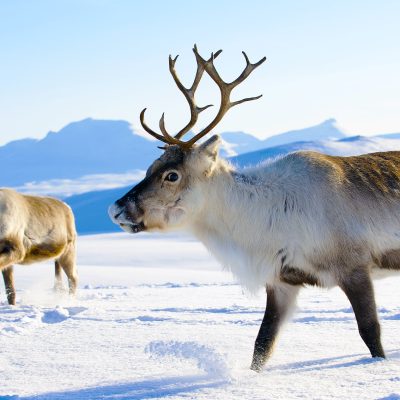
Sleeping Reindeer Chew
- By Geert Devenster
- . December 30, 2023
Scientists have made a fascinating discovery about the sleep patterns of arctic reindeer. These animals live in an environment where the amount of daylight changes
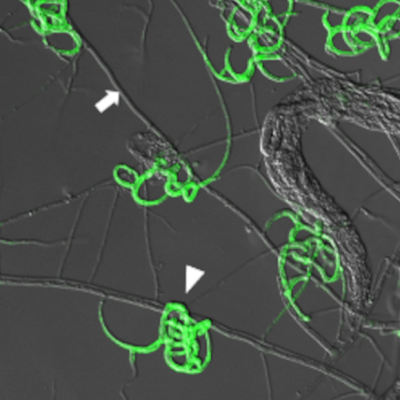
Deadly Traps of Carnivorous Fungi
- By Rolf Lewis
- . December 3, 2023
The fungus Arthrobotrys oligospora, found in Asia, Africa, America, and Australia, typically feeds on decaying organic matter. However, when faced with a nutrient deficiency, it

Tracing Our Cousin’s Legacy in Tibet
- By Geert Devenster
- . November 13, 2023
In the elevated landscapes of Tibet, a jawbone—the most impeccably preserved remnant of our distant cousins, the Denisovans—has been unearthed, marking a significant expansion of

Over 61,000 Heat-Related Deaths in Europe
- By Rolf Lewis
- . October 6, 2023
The summer of 2022 was the hottest on record in Europe, with over 61,000 people dying as a result of the high temperatures. If no
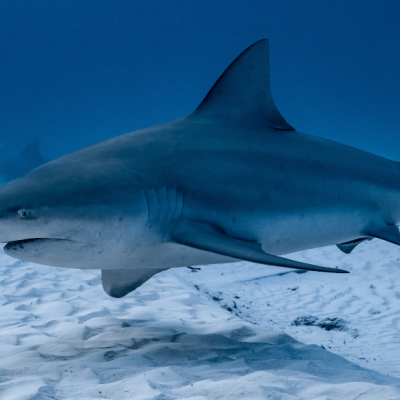
Golf Course Lake Hosts Sharks
- By Rolf Lewis
- . September 30, 2023
Bull sharks are known for their remarkable adaptability, and a recent study by researchers at Ruhr-Universität Bochum (RUB) has highlighted just how impressive this trait
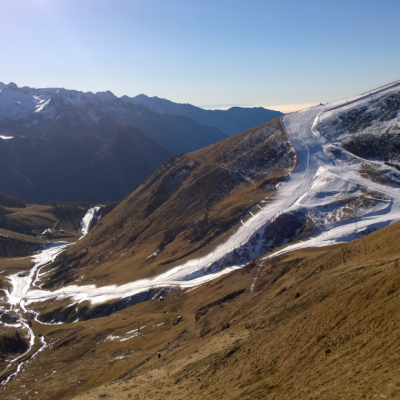
Climate Change Threatens European Ski Resorts
- By Geert Devenster
- . August 29, 2023
The impact of climate change on agriculture in Europe is becoming increasingly apparent. A recent study by the Global Change Research Institute of the Czech
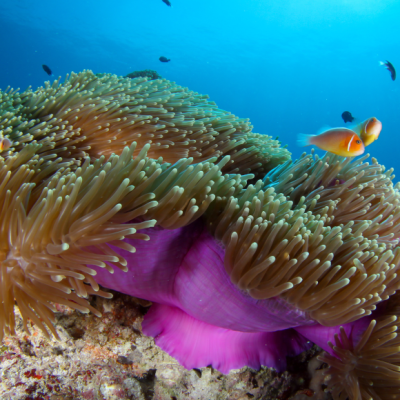
Coral Adapts to Rising Temperatures
- By Rolf Lewis
- . August 24, 2023
Palau’s coral reefs in the Pacific have adapted to climate change and higher water temperatures, but the threat of bleaching can only be prevented by

Forgetfulness: Brain’s Useful Function
- By Rolf Lewis
- . August 23, 2023
Forgetting memories is not a mistake, but a special form of learning. According to a study by Trinity College Dublin, the brain could delete memories
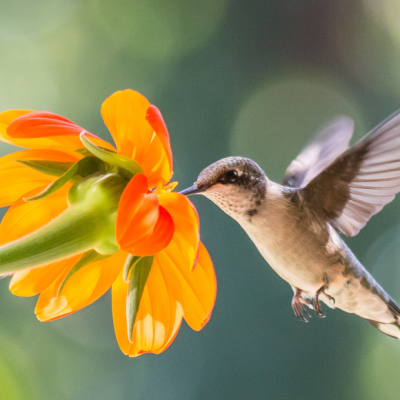
Hummingbirds drink alcohol daily
- By Rolf Lewis
- . June 28, 2023
Kolibris, the tiny birds known for their love of nectar, have been found to consume alcohol on a daily basis. Researchers at the University of

Discovery of Heaviest Prehistoric Animal
- By Rolf Lewis
- . June 7, 2023
The discovery of a colossal fossil of an extinct whale species, Perucetus colossus, has changed our understanding of whale evolution. According to a publication in









